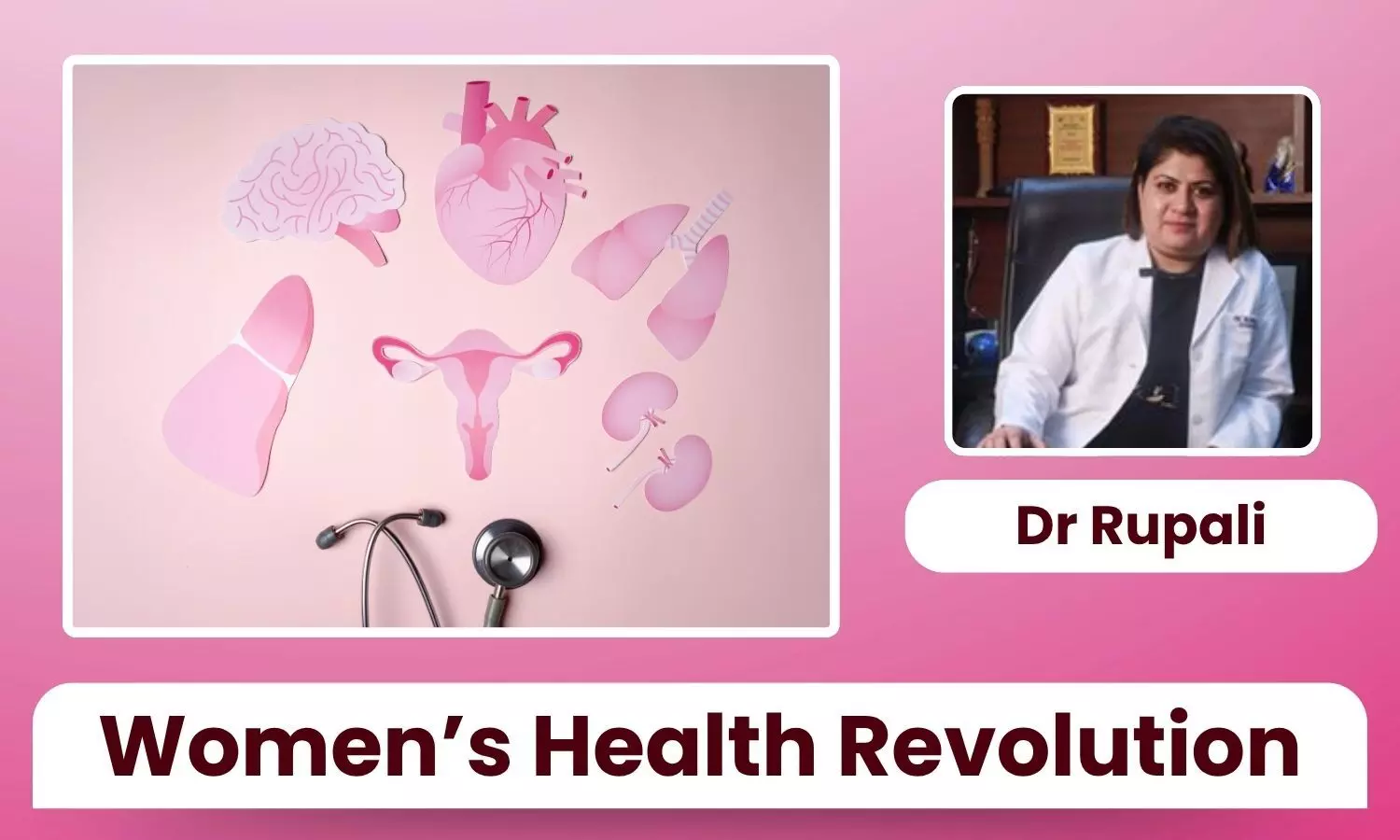Addressing Women’s Reproductive Health Concerns in India - Dr Rupali

Women's reproductive health remains the essence of the quality of life, but it remains an area of significant challenge, misinformation, and inherent taboo in India.
While healthcare infrastructure and awareness campaigns have long evolved, there are still many women who cannot access timely and safe reproductive health care.
Over the years, India has pursued numerous initiatives towards the betterment of maternal and reproductive health. Programs like the National Health Mission and the Pradhan Mantri Surakshit Matritva Abhiyan have contributed towards better maternal results and wider access to antenatal care.
However, reproductive health addresses so much beyond maternity care, like menstrual hygiene, family planning, management of infertility, and abortion through the means of safety.
Based on the National Family Health Survey (NFHS-5), 8 women die every day due to unsafe Abortions in India. Almost a quarter of the married women of India continue to have an unmet family planning need.
Although the awareness of contraceptives has increased, misinformation, scarcity, and socio-cultural reluctance affect regular use. Correspondingly, menstrual hygiene also remains an issue, as only 64% of women use hygienic methods, which are particularly low among rural communities.
These statistics are an evident portrayal of the overpowering dominance of socio-cultural constraints over the achievements of medicine.
Clinically, one of the most prominent challenges is the late seeking of medical attention. Most women do not go to health institutions for reproductive matters because they are afraid of stigma or breach of confidentiality.
In most instances, the conditions, such as reproductive tract infections, abnormal bleeding, or morbidity arising from unsafe abortions, are brought late, making the treatment even more challenging.
Lack of proper education on sexual and reproductive health makes the matter even worse. If women and youths are not aware of their reproductive rights and of access to safe medicines, they seek the help of unqualified healers or resort to unsafe strategies.
Apart from endangering their health, this further adds to the silent national burden of reproductive morbidity.
Unsafe abortion is still one of the most enduring public health issues. Abortion has been legal since 1971 under the Medical Termination of Pregnancy Act, but a relative lack of awareness of the law, alongside poor access to licensed clinics, results in far too many unsafe procedures still being conducted.
Research by The Lancet Global Health estimates that almost 60% of abortions carried out in India are unsafe, which is a frighteningly high sum given that the vast majority are preventable with the right level of medical input.
From the practitioner's perspective, the failure to utilise early screening and counselling always leads to preventable complications. If women are informed of their rights and access to safe, medically supervised abortion services, maternal morbidity and mortality could be minimised.
Reproductive health improvements in India involve the efforts of all the medical profession, educators, lawmakers, and society. Impressive and extensive, the best reproductive education should start early so that the youth have the proper facts on menstruation, birth control, and sexual health.
Unlocking the rural area's primary healthcare centres, educating female doctors, and promoting open discussion help significantly towards normalising the discourse of reproduction. Essential too is the emphasis on responsible understanding of reproductive care as a right, and not any privilege or taboo.
Reproductive health is where education, healthcare, and empowerment intersect. Every woman deserves access to dignified, evidence-based, and safe care, be it for abortion, birth, or family planning.
Reproductive health care isn't just about the treatment of illness, but making sure women are independent, informed, and confident to make decisions for their own bodies. Women's future health starts by listening to women and shattering the silence off of reproductive health.
Disclaimer: The views expressed in this article are of the author and not of Health Dialogues. The Editorial/Content team of Health Dialogues has not contributed to the writing/editing/packaging of this article.


